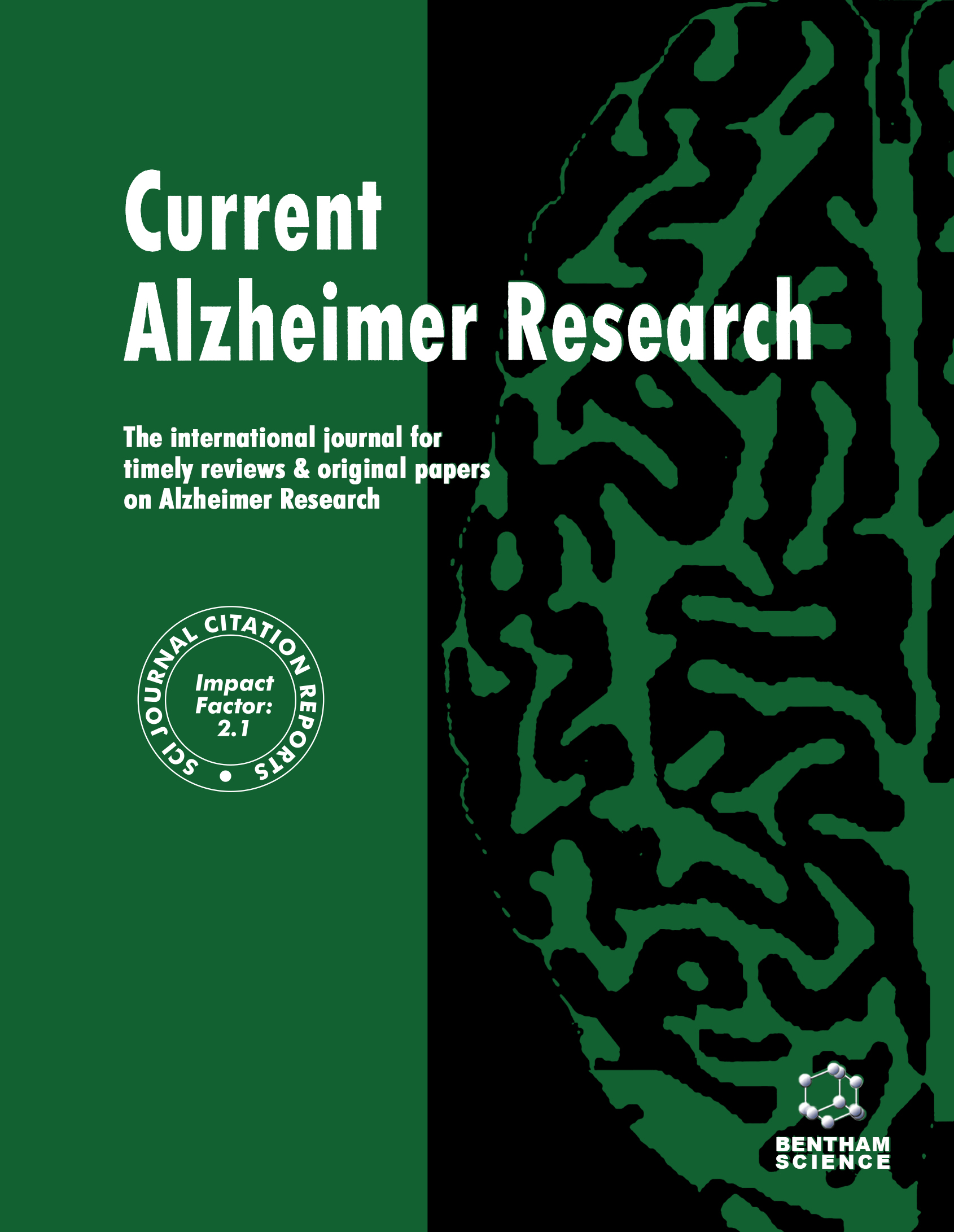-
oa Optimized Turmeric Extract Reduces β-Amyloid and Phosphorylated Tau Protein Burden in Alzheimer’s Transgenic Mice
- Source: Current Alzheimer Research, Volume 9, Issue 4, May 2012, p. 500 - 506
-
- 01 May 2012
Abstract
In a previous in vitro study, the standardized turmeric extract, HSS-888, showed strong inhibition of Aβ aggregation and secretion in vitro, indicating that HSS-888 might be therapeutically important. Therefore, in the present study, HSS-888 was evaluated in vivo using transgenic ‘Alzheimer’ mice (Tg2576) over-expressing Aβ protein. Following a six-month prevention period where mice received extract HSS-888 (5mg/mouse/day), tetrahydrocurcumin (THC) or a control through ingestion of customized animal feed pellets (0.1% w/w treatment), HSS-888 significantly reduced brain levels of soluble (∼40%) and insoluble (∼20%) Aβ as well as phosphorylated Tau protein (∼80%). In addition, primary cultures of microglia from these mice showed increased expression of the cytokines IL-4 and IL-2. In contrast, THC treatment only weakly reduced phosphorylated Tau protein and failed to significantly alter plaque burden and cytokine expression. The findings reveal that the optimized turmeric extract HSS-888 represents an important step in botanical based therapies for Alzheimer’s disease by inhibiting or improving plaque burden, Tau phosphorylation, and microglial inflammation leading to neuronal toxicity.


